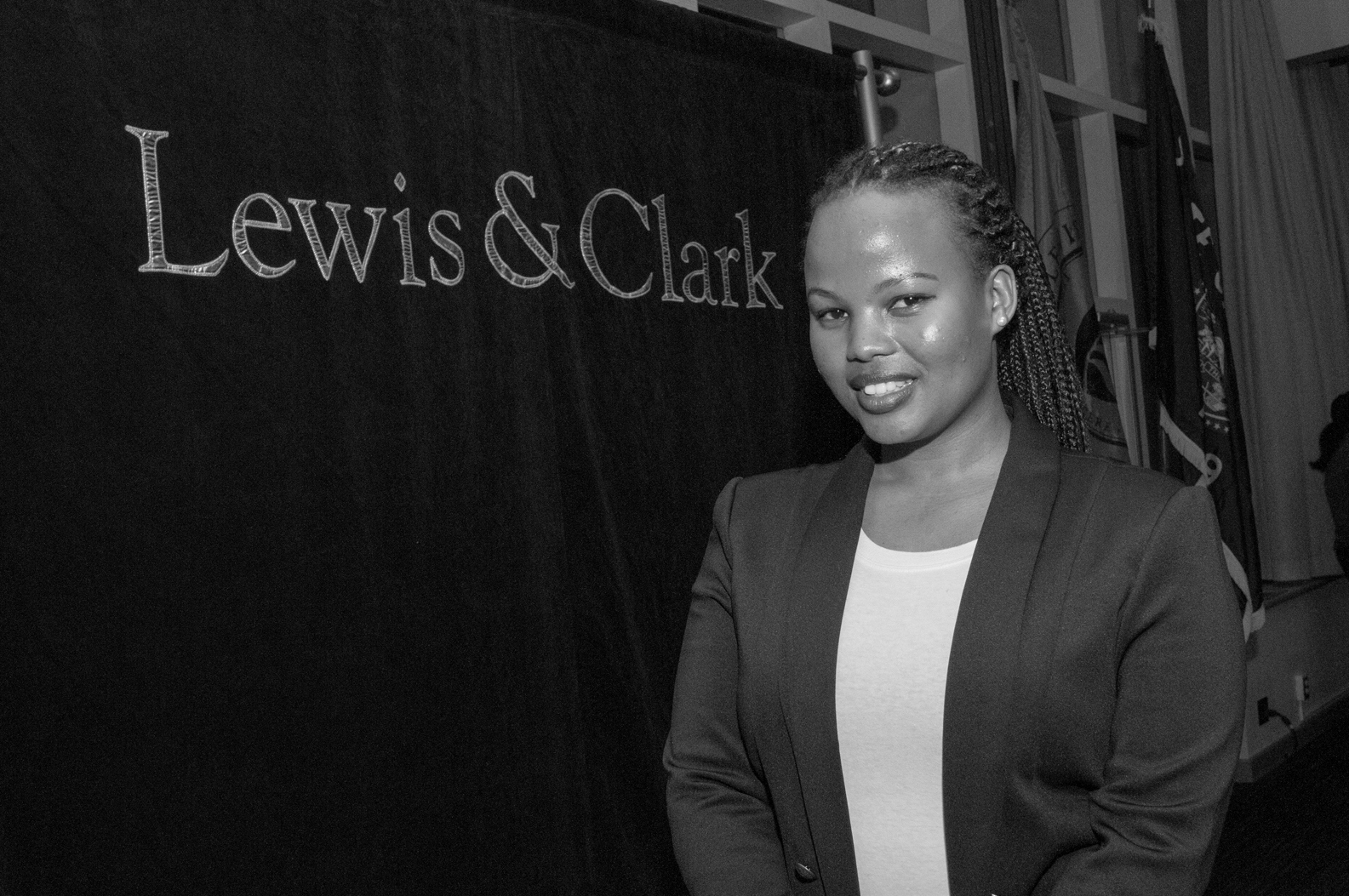
By Pascaline Umulisa /// Contributor
April 7 marks the 21st anniversary of the start of the Rwandan Genocide, in which Hutus killed more than a million Tutsis over a period of about 100 days in 1994.
The theme for Kwibuka 21 (which means remember in English) is “Remember-Educate-Protect.” It will take place on April 15 at 6:30 p.m. in Council Chamber. Sometimes in April, a historical drama based on actual events, will be shown. The film depicts the horrors of the Rwandan Genocide, the aftermath and its victims’ struggle to find justice and reconciliation. Afterwards there will be a discussion regarding the film, focused (in part) on how people learned to forgive and live together.
Generally, “Hutu-Tutsi” was used to describe economic and social classes, with Tutsis perceived as upper class and Hutus as the second class of farmers. Negative propaganda against Tutsis began in the colonial era, when Belgians incited Hutus to rebel against Tutsi monarchy. In 1959, many Tutsis were killed and forced into exile in neighboring countries. Discrimination against Tutsis persisted in all sectors, including education and the labor force.
The Genocide against Tutsis sparked when a plane carrying the Rwandan president, Juvenal Habyarimana (a member of the ethnic Hutu majority) was shot down on April 6, 1994, killing all on board. Rwandan Hutus blamed ethnic Tutsis for the attack and seeked immediate revenge. Hutu extremists killed neighbors, friends and family during a three-month rampage aimed mainly at Tutsis. The Hutu forces pressured Hutu civilians to use machetes, clubs, blunt objects and other weaponry to rape, maim and kill their Tutsi neighbors and destroy or steal their property.
My name is Pascaline Umulisa, and I am this year’s Dallaire Scholar. As an Academic English Studies student, I am working to improve my English in order to contribute to the development of my country. I am one of millions of children who were orphaned by the Genocide. Rather than forget this horrific event, I’ve chosen to forgive those who murdered my family and share my story with others. I am so grateful for the happiness I have in the life today, and I have hope for a bright future ahead for Rwanda and myself.
Two decades have passed since the Rwandan genocide, but my memories haven’t faded. You may wonder why we Rwandans still remember those atrocities after 21 years. Through remembrance, we pay homage to the victims whose lives were taken far too early. By examining the errors of the past, we draw inspiration to improve the present and make for a more peaceful future.
Remembering the Rwandan Genocide reminds us that we are called to accept diversity, promote tolerance and avoid history repeating itself elsewhere in the world. No one is lesser, and it isn’t enough to say that something bad happened to people in the past. By learning these kinds of stories that we can avert future tragedies.
Subscribe to the Mossy Log Newsletter
Stay up to date with the goings-on at Lewis & Clark! Get the top stories or your favorite section delivered to your inbox whenever we release a new issue.

Dear Pascalint, thank you for bearing witness. Since we must educate, remember to use Genocide against the Tutsi instead of Rwandan Genocide. See this link for more info: http://www.un.org/press/en/2014/sc11356.doc.htm
Great job representing our beloved Rwanda
It is always an honor to see Rwandan flag my Dearest Daughter! I am proud of you! Long life to Rwandan children!
Be strong our daughter and be sure that we’re proud of you. Together for a bright future. Never again!
I am grateful to have people like you in my life. And yes, the future is brighter. Genocide, never again!
What a moving article, Pascaline. I am thinking of you and the past Dallaire scholars today.
I really appreciate your daily support Susan, my life at L&C has been easier because of you. Thanks so much!
This is Belgium which played a key role in the ethnic division in Rwanda after German failure in the World War I
Thanks mom, it was an error that I will have to correct in other articles. Thanks for your support.